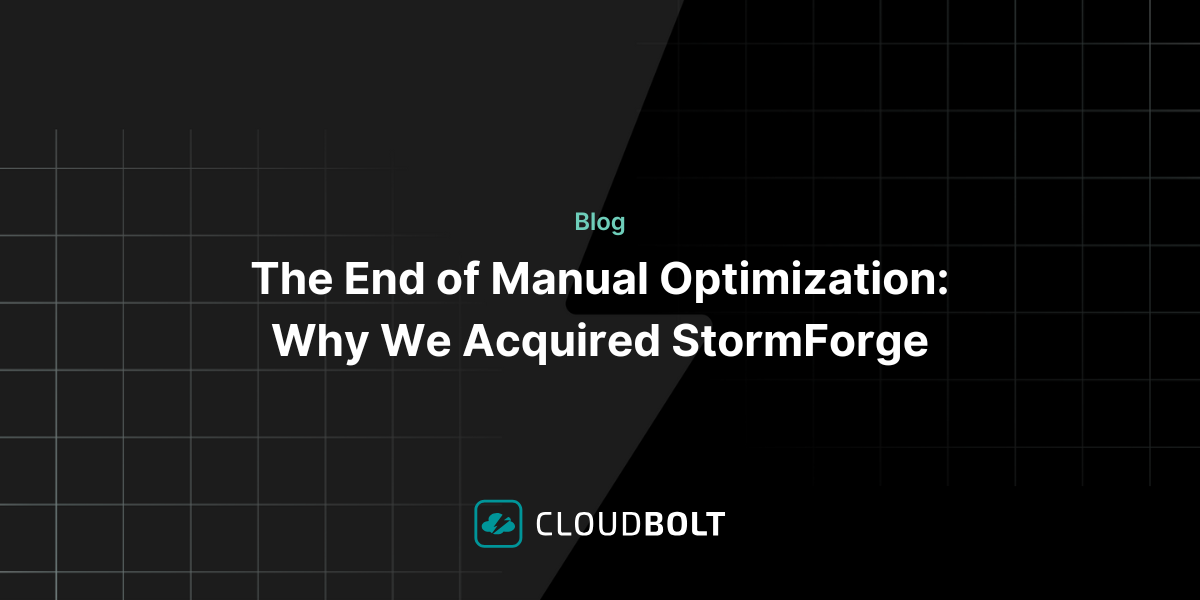Puppet Automation and Orchestration Across Traditional and Cloud-Native Infrastructure
Many consider Puppet automation to be the de facto standard for delivering the ongoing operation of hybrid IT infrastructure. It’s been on the market since 2005 and has more than 40,000 organizations using it. So, it’s easy to see why it’s so popular.
Even with stiff competition, Puppet has increased its capabilities and speed over time. The tool has a large collection of modules and is useful in both traditional and cloud-native architectures. It derives some of its functionality from additional products.
Overview of Puppet Products
Puppet products include Puppet Enterprise, Open Source Puppet, Puppet Discovery, Puppet Pipelines, Puppet Bolt, Puppet Forge, and Puppet Container Registry.
Open Source Puppet is an automation tool that performs administrative tasks, such as configuration updates, package installation, and user addition.
Puppet Enterprise brings orchestration into the mix. You also get a web console and professional support. With the enterprise version, you can scale the automation in Open Source Puppet across your infrastructure and keep it compliant.
Puppet Discovery helps you bring traditional infrastructure, cloud-native resources, and containers under one management.
Puppet for DevOps
With Puppet Pipelines, you get a CI/CD (continuous integration/continuous delivery) platform that’s available as a service or on-premises installation. You can choose between two versions – Pipelines for applications and Pipelines for containers with Kubernetes.
Puppet Tasks is an agentless feature that enables you to perform ad hoc tasks instead of using agents to perform model-driven automation. Tasks has two versions – Puppet Enterprise Task Management and the Open Source Puppet Bolt. Bolt is perfect for small deployments. On the other hand, Enterprise Task Management is for larger-scale deployments that require team-oriented workflows, audit trails, and role-based access control.
Puppet Container Registry gives users a unified view of remote and local registers for Docker containers. It’s available in enterprise, premium, and free versions.
Puppet Forge
Puppet Forge is a catalog of modules for both Open Source and Enterprise versions of Puppet. It has more than 5,000 modules. Puppet Enterprise tests and supports some of the modules. Puppet, the company, approves the rest.
Puppet Enterprise
We already know what Puppet Enterprise is. Now we need to establish what it does. Puppet Enterprise allows you to manage hybrid cloud deployments by combining model-driven configuration and imperative task execution. The tool supports DevOps practices, including automated deployment, continuous integration, automated testing, code review, and version control.
Puppet Enterprise helps to reduce risks related to failed audits and security misconfigurations. It does this by enforcing preset security policies and monitoring compliance.
Puppet in the Cloud
Puppet Enterprise integrates with public cloud providers, such as Microsoft Azure, VMware, Google Cloud Platform, and Amazon Web Services. Puppet automation features allow you to streamline the management of network resources, storage, and compute. It also enables you to scale workloads across clouds.
Cloud-specific modules facilitate this functionality. For instance, the puppetlabs/AWS module provides users with an interface to the AWS API.
Puppet Development Kit
If you want to develop custom modules, the Puppet Development Kit (PDK) is where you should be looking. It makes generating modules a breeze. You can even convert old modules to be compatible with the kit. PDK comes with testing tools, module templates, and command-line tools to help with the creation, validation, and testing of Puppet modules.
Experience the leading hybrid cloud management and orchestration solution. Request a CloudBolt demo today.
Related Blogs

The End of Manual Optimization: Why We Acquired StormForge
Today is a big day for CloudBolt—we’ve officially announced our acquisition of StormForge. This marks a major milestone for us…

